F.D.A.'s Emergency Approval of Blood Plasma Is Now on Hold
Government health leaders including Dr. Francis S. Collins and Dr. Anthony S. Fauci urged caution last week, citing weak data from the country's largest plasma study.
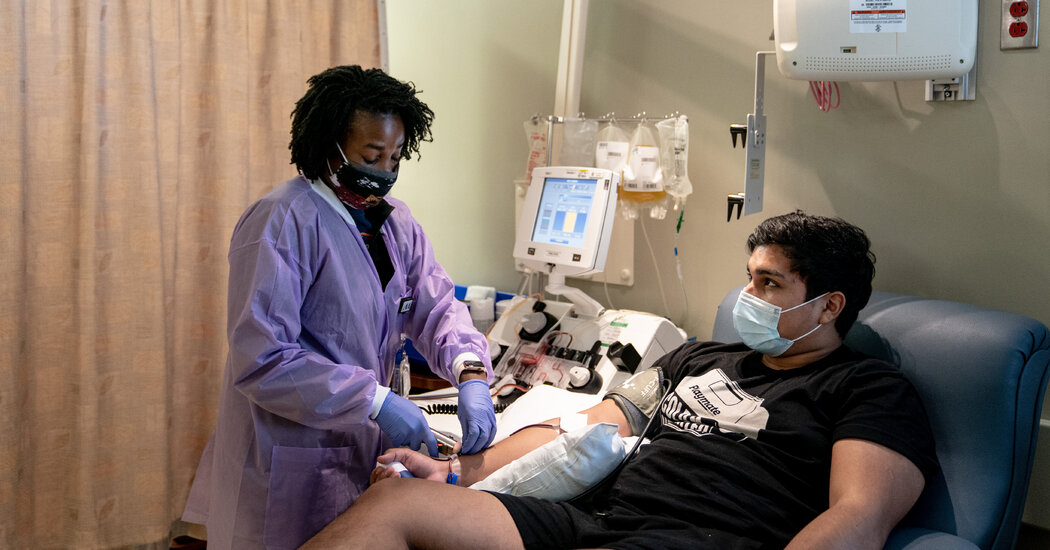
Send us a link
Government health leaders including Dr. Francis S. Collins and Dr. Anthony S. Fauci urged caution last week, citing weak data from the country's largest plasma study.

The University of North Carolina at Chapel Hill abruptly decided it will no longer hold in-person classes on campus after about 130 students tested positive for COVID-19 in the first week since classes began.
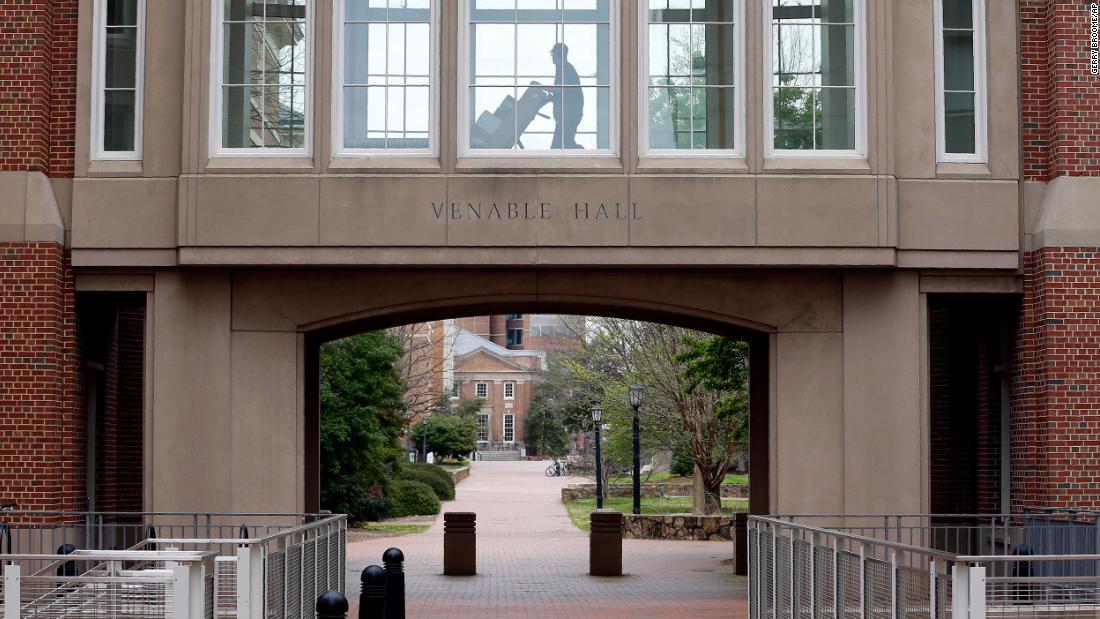
In the last decade Open Science principles, such as Open Access, study preregistration, use of preprints, making available data and code, and open peer review, have been successfully advocated for and are being slowly adopted in many different research communities. In response to the COVID-19 pandemic many publishers and researchers have sped up their adoption of some of these Open Science practices, sometimes embracing them fully and sometimes partially or in a sub-optimal manner. In this article, we express concerns about the violation of some of the Open Science principles and its potential impact on the quality of research output. We provide evidence of the misuses of these principles at different stages of the scientific process. We call for a wider adoption of Open Science practices in the hope that this work will encourage a broader endorsement of Open Science principles and serve as a reminder that science should always be a rigorous process, reliable and transparent, especially in the context of a pandemic where research findings are being translated into practice even more rapidly. We provide all data and scripts at . ### Competing Interest Statement The authors have declared no competing interest.
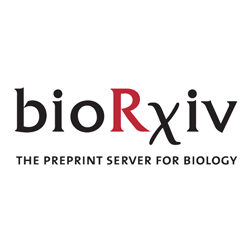
Schools face rising demands for tuition rebates, increased aid and leaves of absence as students ask if college is becoming "glorified Skype."

Scientists warned of a coming pandemic for decades. Yet when Covid-19 arrived, the world had few resources and little understanding-despite years of work that outlined almost exactly what the virus would look like and how to mitigate its impact.
Pandemic policy must include defining and measuring what we mean by mild infection.

Airborne viruses play a significant role in community transmission, many experts believe. A new study fills in the missing piece: The floating virus can infect cells.
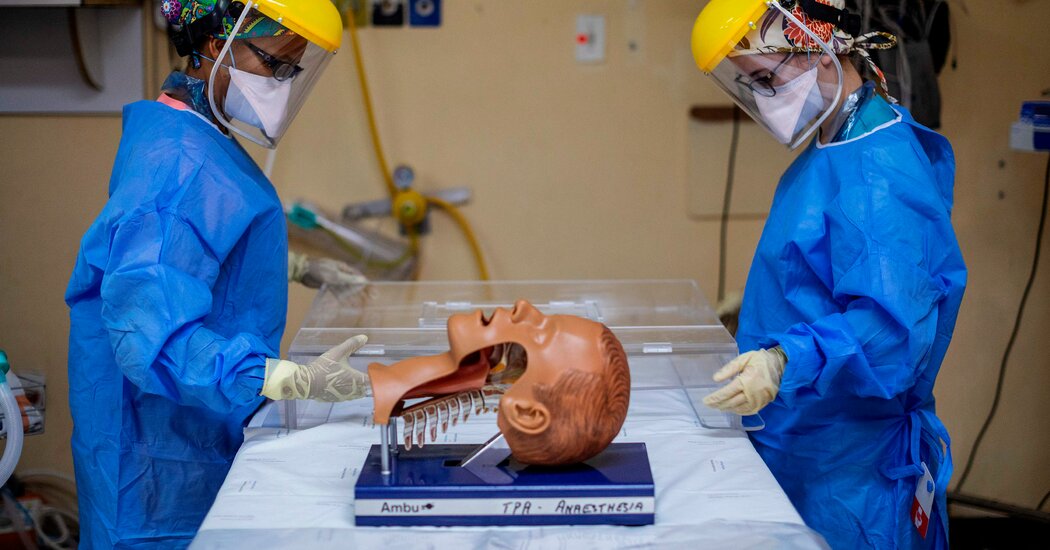
Mike Schäfer & Jing Zeng on the particularities of conspiracy theories on COVID-19, how to face them, and what role science communicators play while doing so.

The United States has a chance to make things better before things get much, much worse. But much of the country appears to be squandering the opportunity.
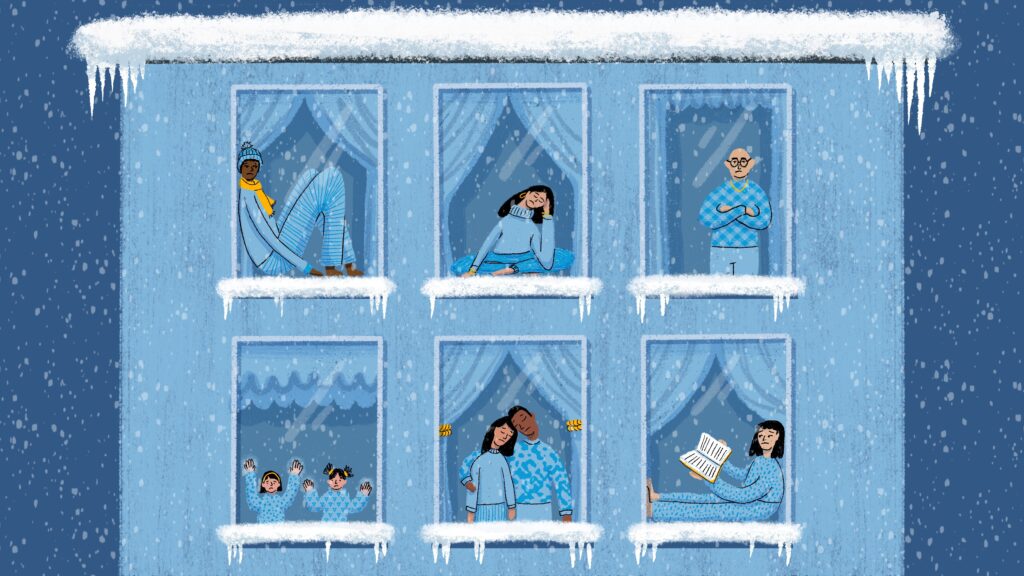
Most people won't spread the virus widely. The few who do are probably in the wrong place at the wrong time in their infection, new models suggest.

Preprint servers have existed for decades, but the fight against the coronavirus has seen their use soar. They're changing how science is done-but need important guardrails.
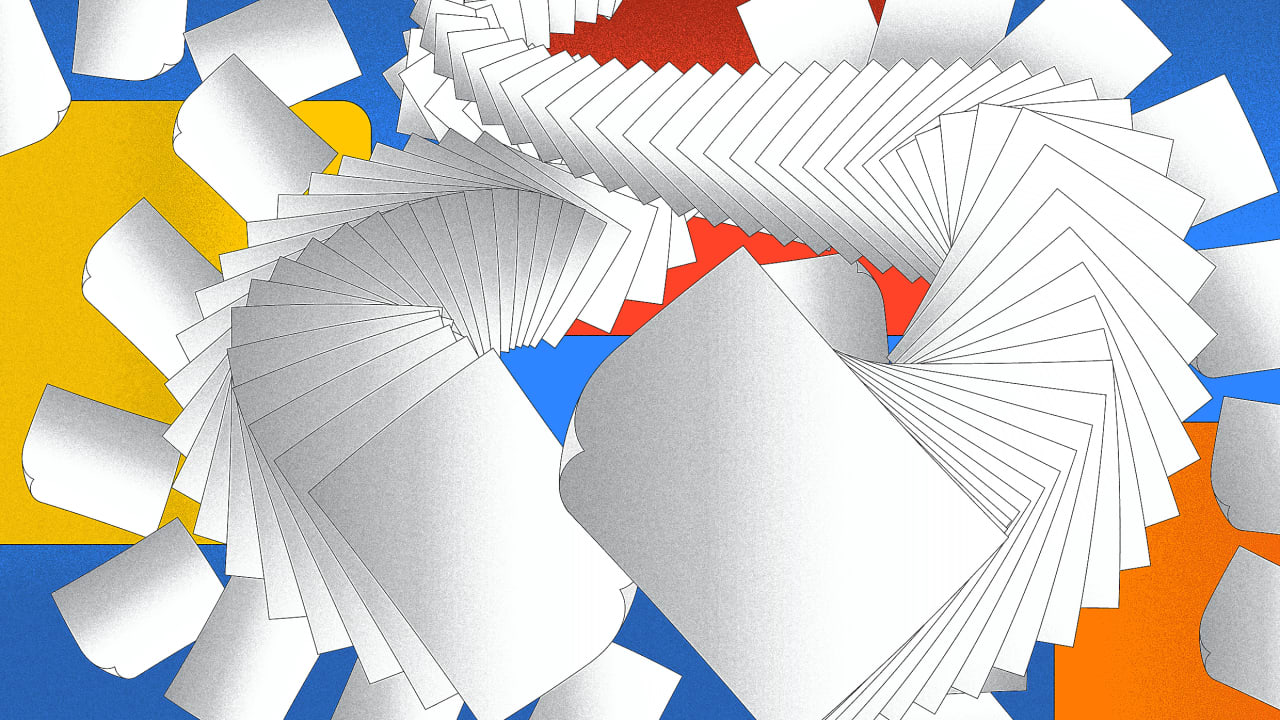
Scientists need to show us the data. And that's exactly what they're working on.
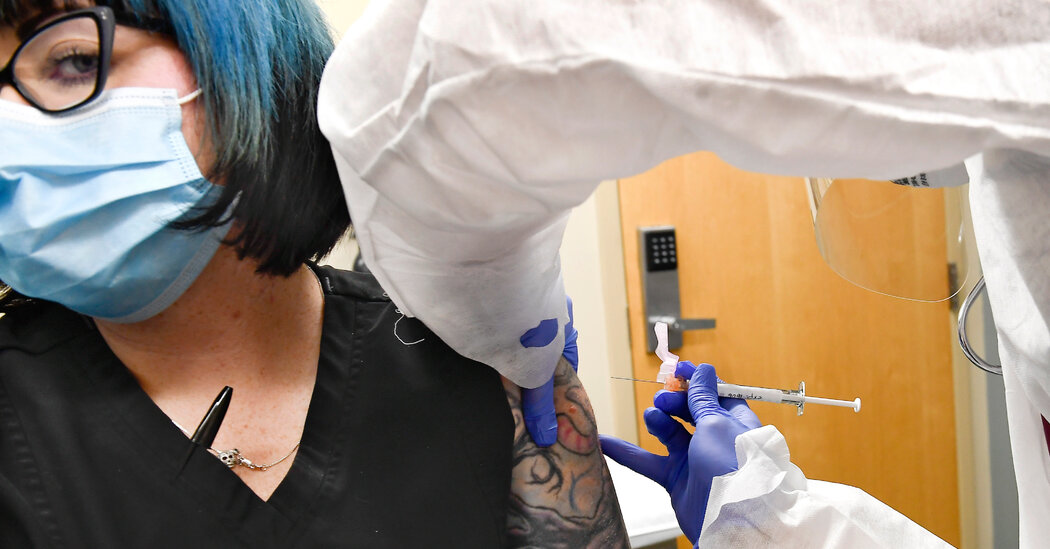
On the risks of skipping Phase 3 vaccine trials.
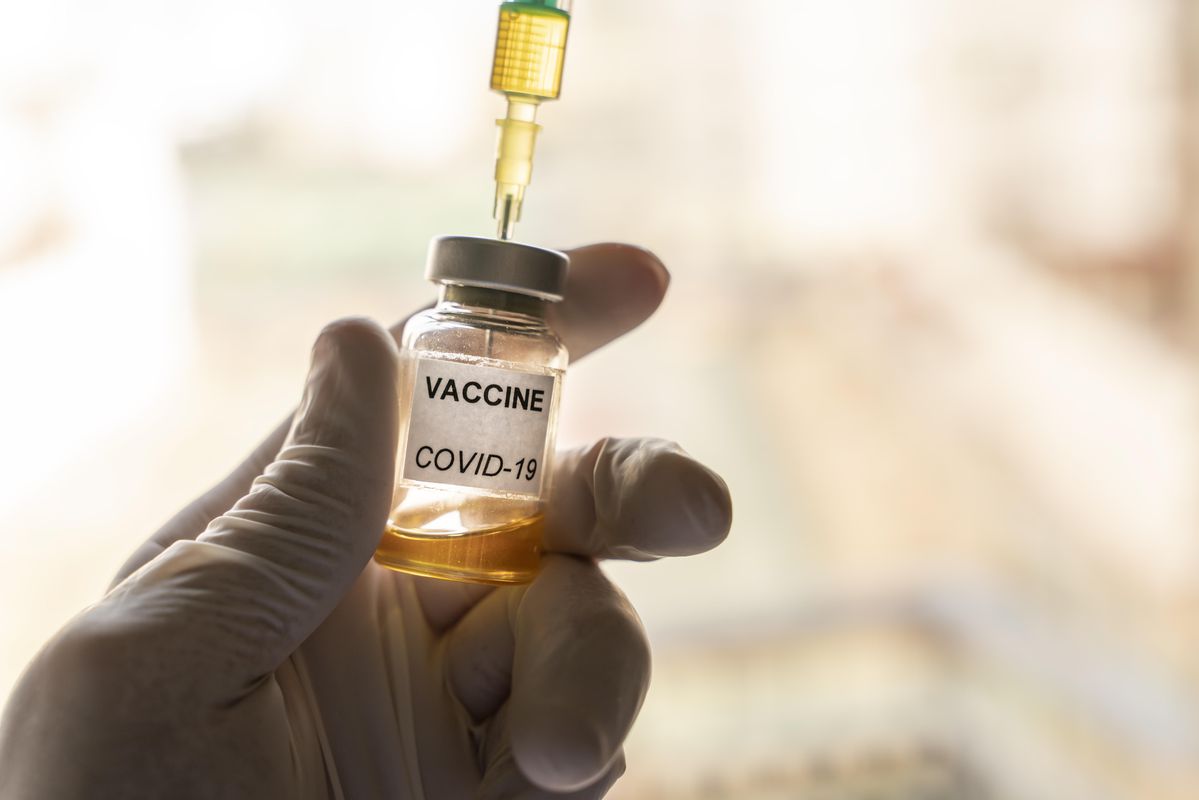
A virus has brought the world's most powerful country to its knees.

New data quantify lost work hours and productivity, but the way forward remains uncertain.

Some COVID-19 survivors are still sick months later. Doctors want to learn why and what they can do
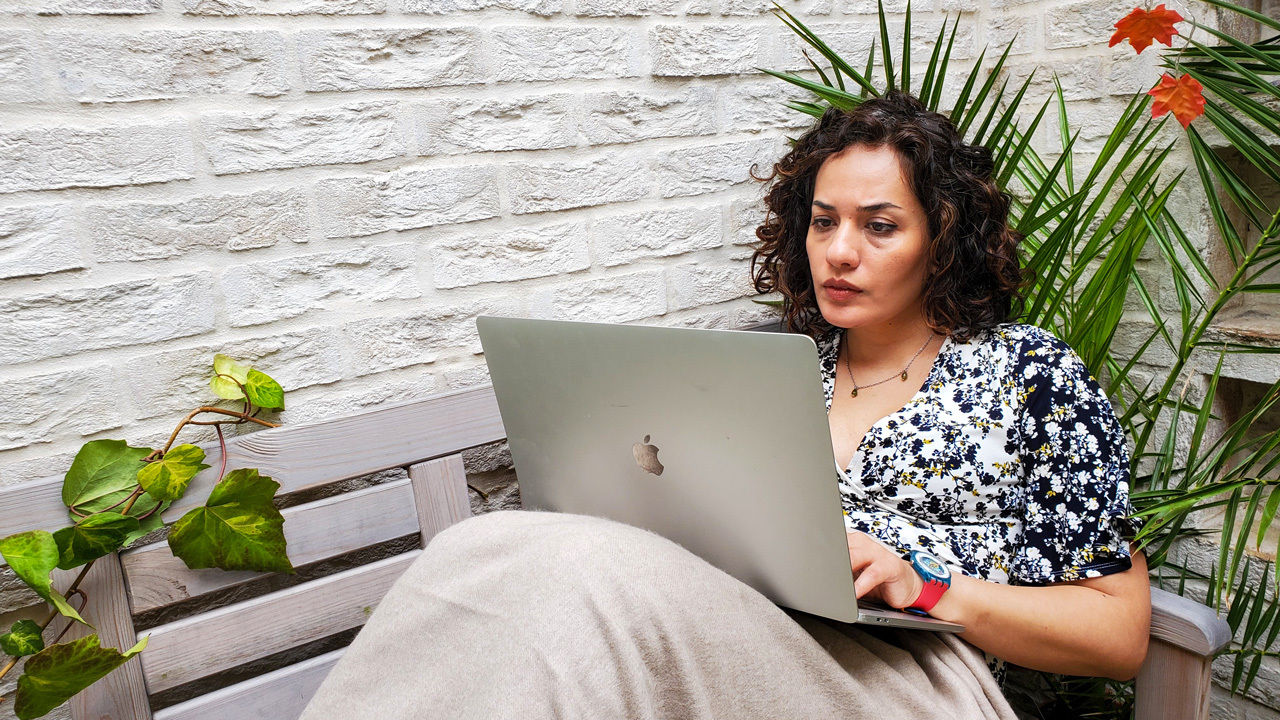
The order to reroute CDC hospitalization figures raised accuracy concerns. But that's just one of the problems with how the country collects health data.

Europe PMC, the literature archive of EMBL-EBI, has started indexing full-text COVID-19 preprints and the associated data.
Transmission through aerosols matters - and probably a lot more than we've been able to prove yet.

An underlying assumption of modern political states is that they are rational systems that 'follow the science' to achieve optimal outcomes for their citizens. Whilst COVID-19 continues to foregrou…
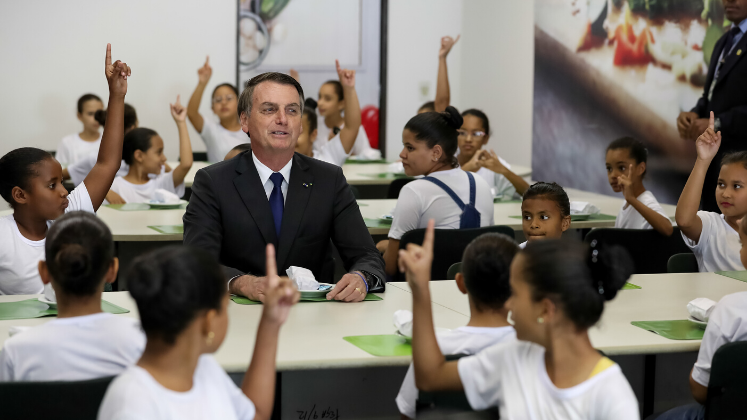
Scientists and science publishers are sharing information as fast as they can during the COVID-19 pandemic. Speed and openness bring new challenges, but they are the way forward for research.
